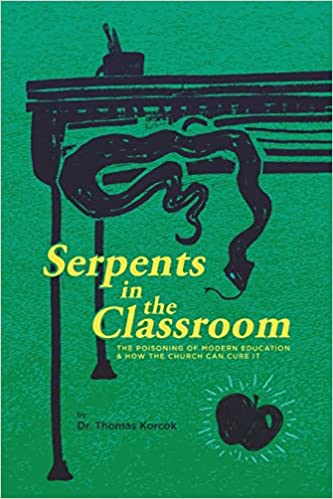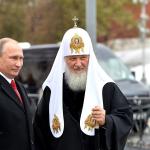

Many Americans are up in arms about “critical race theory” being taught in schools, but “critical pedagogy”–which focuses on the “oppression” of one group over another–has been around for a long time. Its founder, Lev Vygotsky, believed that teachers exercising authority in the classroom were also oppressive and should be, instead, “facilitators.” Students should work in groups, defer to their peers, and be steered away from competition, recognition of individual achievements, and other manifestations of individualism. Vygotsky’s theories and methods became very popular in teacher training programs and in many American classrooms.
But Vygotsky was the leading educational theorist under Josef Stalin. His project was to reform schools along the lines of Soviet Communism. When his works were first translated into English in 1962, the translators left out all of his references to Marxism and Leninism. Today, American educators have adapted his “critical pedagogy,” designed with the class struggle between workers and the middle class “bourgeoisie,” to issues of race, sex, and gender. But isn’t the origin of that approach to education in Stalinist Russia rather important for people to know?
Thomas Korcok’s new book Serpents in the Classroom: The Poisoning of Modern Education and How the Church Can Cure It looks at the “theology” of some of the key thinkers who have shaped today’s educational establishment, showing how their views about religion shaped their educational theories and methodology. Using their own words and stated aims, Dr. Korcok shows how, in each case, these pillars of today’s education rejected Christianity and offered their approach to education as a way to undermine its influence and instill in young people something better.
We learn about John Dewey’s denunciation of Christianity as “un-American” and his project of using schools to promote the new, non-supernatural religion of “humanism.” We learn about Maria Montessori’s view that children are our redeemers, which is why they should never be directed by adults. We learn about Jean Piaget’s goal of replacing Christianity with psychology.
Dr. Korcok chronicles the negative impact of these ideas on our schools and the children who attend them. And he pointedly asks, why do so many Christian schools and educators follow these same ideas, even though they were designed to undermine the Christian faith?
He then challenges Christians to recover their own substantial educational heritage, which he describes as classical Christian education. He offers a helpful explanation of what that entails, built around the pursuit of what is true, good, and beautiful, grounded in Biblical catechesis.
Dr. Korcok, formerly a faculty member at Concordia University Chicago and now a professor at the Lutheran seminary in St. Catherines, Ontario, is the author of Lutheran Education: From Wittenberg to the Future, which documents how the Lutheran approach to education, by history and theology, has been shaped by classical education. His new book, Serpents in the Classroom, shows the importance of recovering that heritage.
Together, these two books are important for the current revival of classical Christian education, which is happening among Lutherans as well as other many other Christians who are offering a compelling alternative to our contemporary educational malaise.













